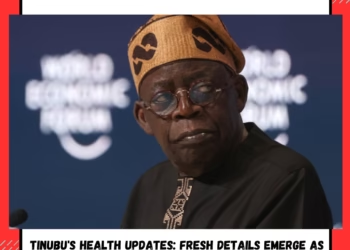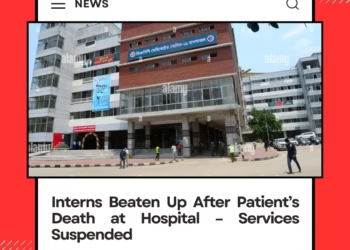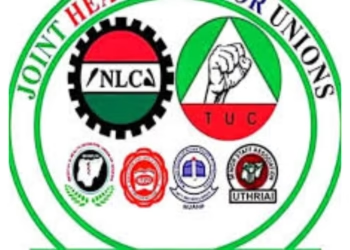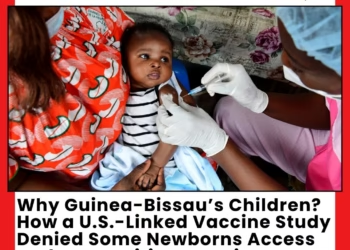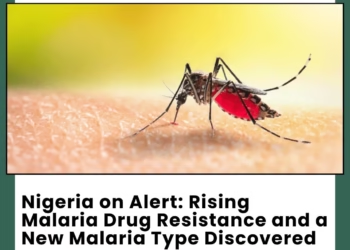Fellow Nurses Africa | Lagos, Nigeria | 09 September, 2025
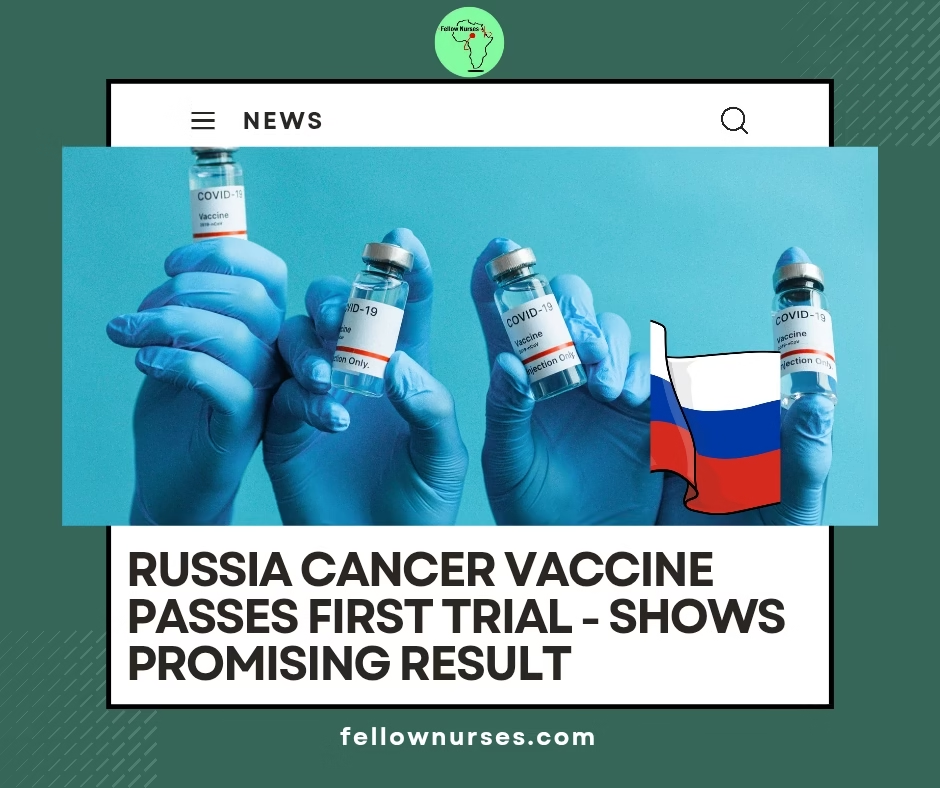
Russia has announced significant progress in developing what it claims could be the world’s first personalized mRNA-based cancer vaccine, with early trial results sparking both excitement and cautious skepticism in the global medical community.
The EnteroMix Development
The Russian Ministry of Health has announced that it has developed a vaccine against cancer that will be distributed to Russian patients for free from early 2025, according to state news agency TASS. The revolutionary mRNA-based cancer vaccine called Enteromix has demonstrated 100% efficacy and safety in clinical trials, though independent verification of these claims remains limited.
Phase-1 clinical trials began in June 2025, enrolling 48 volunteers, marking a significant milestone in the vaccine’s development. No serious side effects were reported, and patients tolerated the treatment well, according to reports from Russian health authorities.
Scientific Approach and Technology
The vaccine has been developed by the Gamaleya National Research Center – the same institution that created Russia’s Sputnik V COVID-19 vaccine. The approach represents a significant departure from traditional cancer treatments.
Unlike regular cancer treatments like Chemotherapy and radiation, EnteroMix works by targeting and eliminating cancer cells through immunotherapy mechanisms. The vaccine utilizes artificial intelligence and high-speed genomic sequencing to create personalized treatment protocols for individual patients.
The initial target for the vaccine will be colorectal cancer, though researchers indicate the technology could potentially be adapted for other cancer types.
Global Context and Skepticism
While the announced results have generated considerable media attention, the international scientific community maintains a measured response. Various media reports also suggest that the vaccine has shown 100 percent efficacy in preclinical trials, although Newsweek has been unable to verify this claim.
The extraordinary efficacy claims – rarely seen in early-stage clinical trials – have prompted calls for independent peer review and broader international collaboration to validate the findings.
Economic and Accessibility Implications
If approved, Enteromix will be provided free of charge to Russian citizens, a significant commitment from the Russian healthcare system. Each dose costs approximately ₽300,000 (≈$2,870 USD), but Russian citizens will get it free under public healthcare.
This pricing strategy positions the vaccine as both a potential medical breakthrough and a significant public health investment by the Russian government.
Timeline and Regulatory Path
With the Phase-1 trial complete and early results described as highly promising, the next step is regulatory clearance. The vaccine is now only awaiting a final approval from the Ministry of Health for its rollout.
Initial treatments are expected to begin between September and October 2025, according to Gamaleya spokespersons, though this timeline depends on regulatory approval.
Medical Community Response
Experts caution, however, that the approach remains experimental. The medical community emphasizes the importance of larger-scale trials and independent validation before drawing definitive conclusions about the vaccine’s efficacy and safety profile.
The development represents part of a broader global race to develop effective cancer immunotherapies, with similar mRNA-based approaches being pursued by pharmaceutical companies and research institutions.
If approved, EnteroMix could become the world’s first personalised cancer vaccine of its kind, potentially marking a significant advancement in cancer treatment methodology.
However, the scientific community continues to emphasize the need for rigorous peer review, expanded clinical trials, and international collaboration to fully validate these promising but preliminary results.
The announcement comes at a time when mRNA technology, proven effective in COVID-19 vaccines, is being increasingly explored for cancer treatment applications globally, making Russia’s claims particularly noteworthy in the broader context of medical innovation.
This report is based on available information as of September 9, 2025. Medical developments of this significance require ongoing verification through peer-reviewed scientific publications and independent clinical validation.
Fellow Nurses Africa is the independent voice of African Nurses. We educate, inform and promote the nursing profession.

